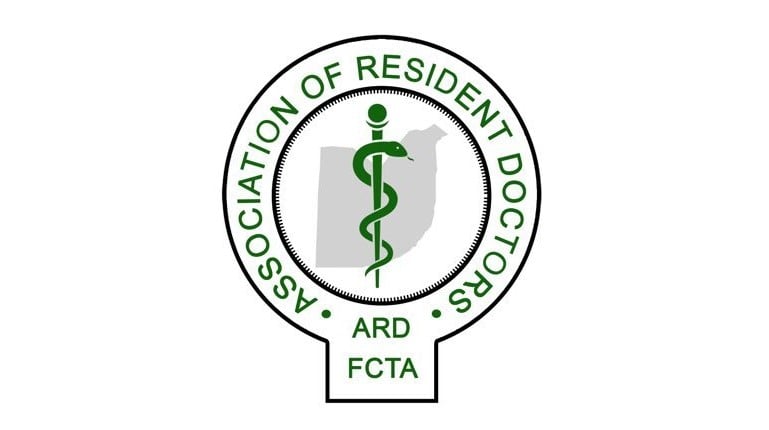
President Bola Ahmed Tinubu is expected to sign a series of landmark tax reform bills into law on Thursday, marking a major step in his administration’s drive to overhaul Nigeria’s fiscal framework and boost non-oil revenue.
The bills, which were recently passed by the National Assembly, are part of the recommendations made by the Presidential Fiscal Policy and Tax Reforms Committee chaired by Taiwo Oyedele. The reforms aim to simplify the tax system, close loopholes, and enhance compliance while easing the burden on small and medium-sized enterprises.
Presidency sources confirmed on Wednesday that the signing ceremony will take place at the State House in Abuja, with key members of the economic team and representatives from the private sector expected in attendance.
“This is a pivotal moment for Nigeria’s economic transformation,” said one senior official close to the matter. “The new laws will streamline tax collection, promote transparency, and create a fairer environment for businesses to thrive.”
Among the bills set for presidential assent is the Harmonised Taxes and Levies Bill, which seeks to eliminate multiple taxation by consolidating various taxes at federal, state, and local government levels.
The reforms also aim to improve the ease of doing business, attract investment, and enhance revenue generation without imposing additional burdens on ordinary Nigerians.
Economic analysts say the move could strengthen investor confidence and help stabilize government finances in the face of declining oil revenues.
“This is the most comprehensive fiscal reset we’ve seen in years,” said Kemi Lawal, an Abuja-based tax consultant. “But success will depend on implementation and how well subnational governments align with the new framework.”
The signing of the bills will signal the formal launch of the next phase of Tinubu’s economic reform agenda, coming amid rising public expectations for tangible improvements in governance and service delivery.



